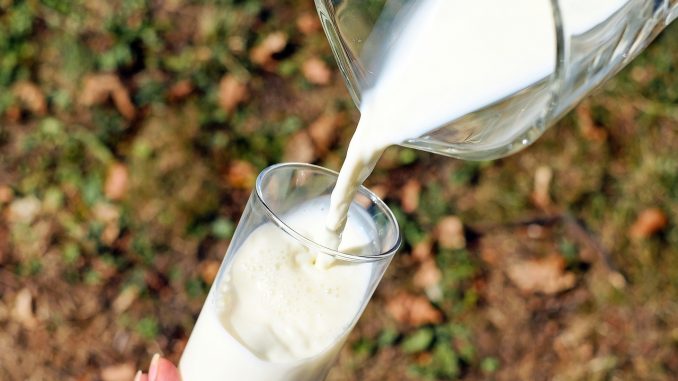
Buying milk used to be simple. It was a dietary staple that provided key nutrients and there were a few straightforward options: whole, semi-skimmed, skimmed. But in the last decade, the milk aisle has become a bit crowded. With a crazy variety of dairy milk now available, along with some plant-based options like almond, hazelnut, oat, and coconut.
The data shows that in 2015, 497 million metric tons of cow milk was produced worldwide, by 2022 that figure had risen to around 544 million metric tons.
However, the popularity of the dairy alternatives market is booming. More focus on issues like animal rights, environmental concerns, and health issues potentially caused by milk has meant that, across the board, more people are enjoying dairy-free milk now.
In fact, the market for plant-based milk was valued at $16,130.9 million in 2019 and is anticipated to reach $41,061 million by 2025
The nutritional value of milk
There’s a lot of conflicting information about dairy milk. However, despite concerns about health issues, bad skin, digestive disorders, and more, cow’s milk has many benefits.
Many studies have shown that milk doesn’t increase the risk of health problems if it’s consumed in moderation. Most doctors agree that enjoying milk with an overall healthy eating pattern isn’t harmful unless you have an allergy condition like lactose intolerance.
Milk is a highly concentrated source of important nutrients like protein, calcium, vitamin D, magnesium, zinc, potassium, and more. Dietitians often recommend that anyone who wants to cut back on calories or fats should switch to lower-fat or skimmed milk.
Some of the known benefits of milk include:
Bone Health: The calcium content in milk is essential for building and maintaining strong bones and teeth. Adequate calcium intake during childhood, adolescence, and adulthood can help prevent osteoporosis later in life.
Muscle Growth: The protein in milk contains all the essential amino acids needed for muscle growth and repair.
Weight Management: Dairy consumption has been linked to potential weight management benefits.
Heart Health: Some studies suggest that consuming moderate amounts of dairy products, including milk, may be associated with a reduced risk of cardiovascular diseases.
Controversies and concerns
There are some downsides to dairy milk. Some studies have found that it can contribute to acne, although others don’t find any connection.
Additionally, some people report things like bloating and stomach problems when they drink milk, although this can normally be fixed by switching to lactose-free milk.
Some of the common complaints about dairy are:
Lactose Intolerance: A significant portion of the global population is lactose intolerant, meaning they lack the enzyme needed to digest lactose, the sugar found in milk.
Allergies: Milk allergies are relatively common, especially among children. These allergies can lead to issues like skin reactions, gastrointestinal issues, and even respiratory problems.
Saturated Fat: Whole milk contains saturated fats, which have been associated with an increased risk of heart disease. Choosing low-fat or skim milk options can help mitigate this concern.
Hormones and Antibiotics: Some people worry about the presence of hormones and antibiotics in conventionally produced milk. However, most countries have strict regulations in place to make sure milk is safe to drink.
Finding balance
So, is it a good idea to drink milk? Unfortunately, there isn’t a simple answer to this question, and taking a one-size fits all approach simply won’t cut it.
If you’re not lactose intolerant or allergic to milk, including moderate amounts of dairy in a balanced diet can offer a range of nutritional benefits. However, opting for low-fat or reduced-fat milk and choosing organic or hormone-free options when possible can help address some concerns.
For those who are lactose intolerant or prefer plant-based alternatives, there is a growing variety of milk substitutes made from almonds, soy, oats, and more. These alternatives can provide similar nutrients without lactose or animal products.


Leave a Reply